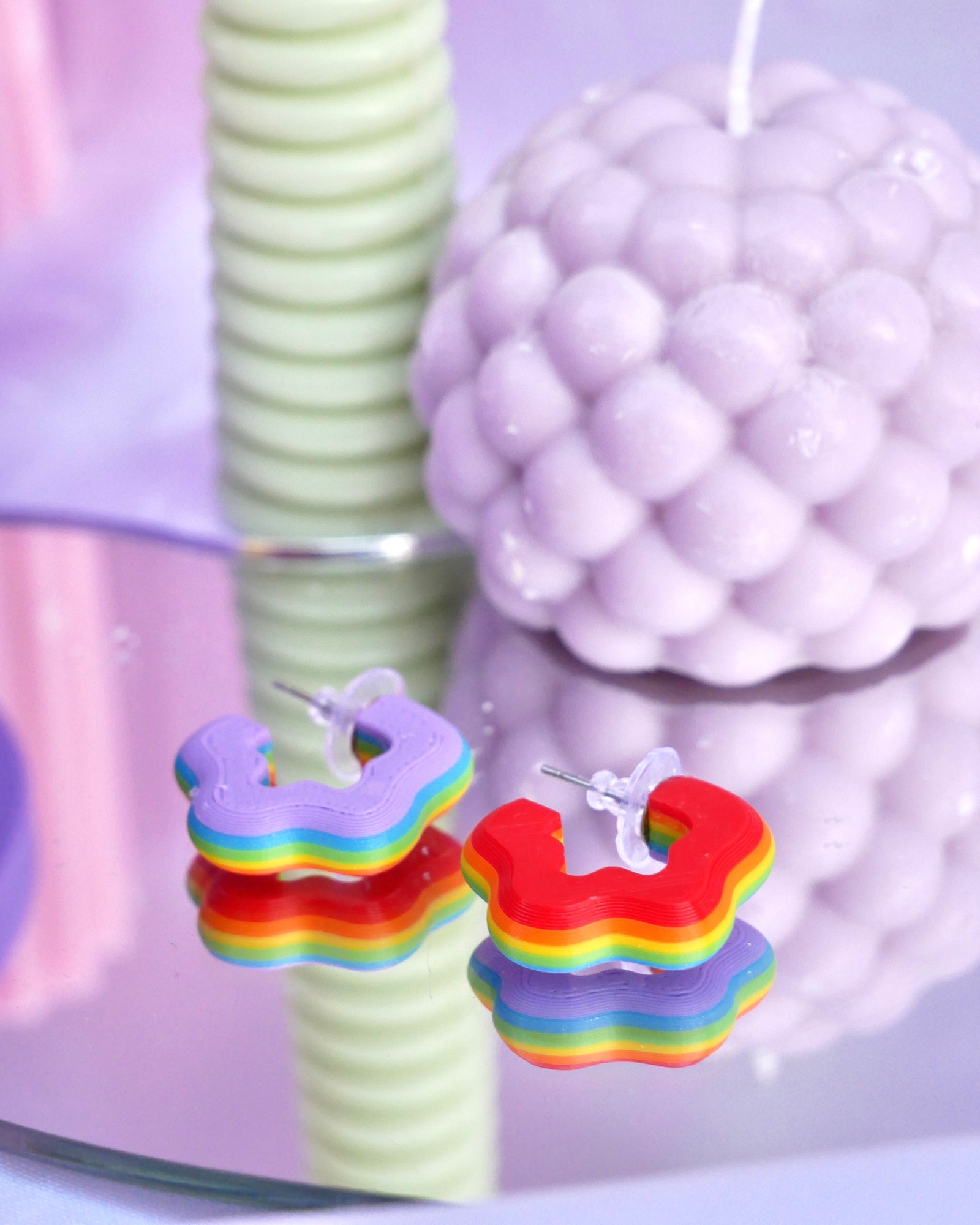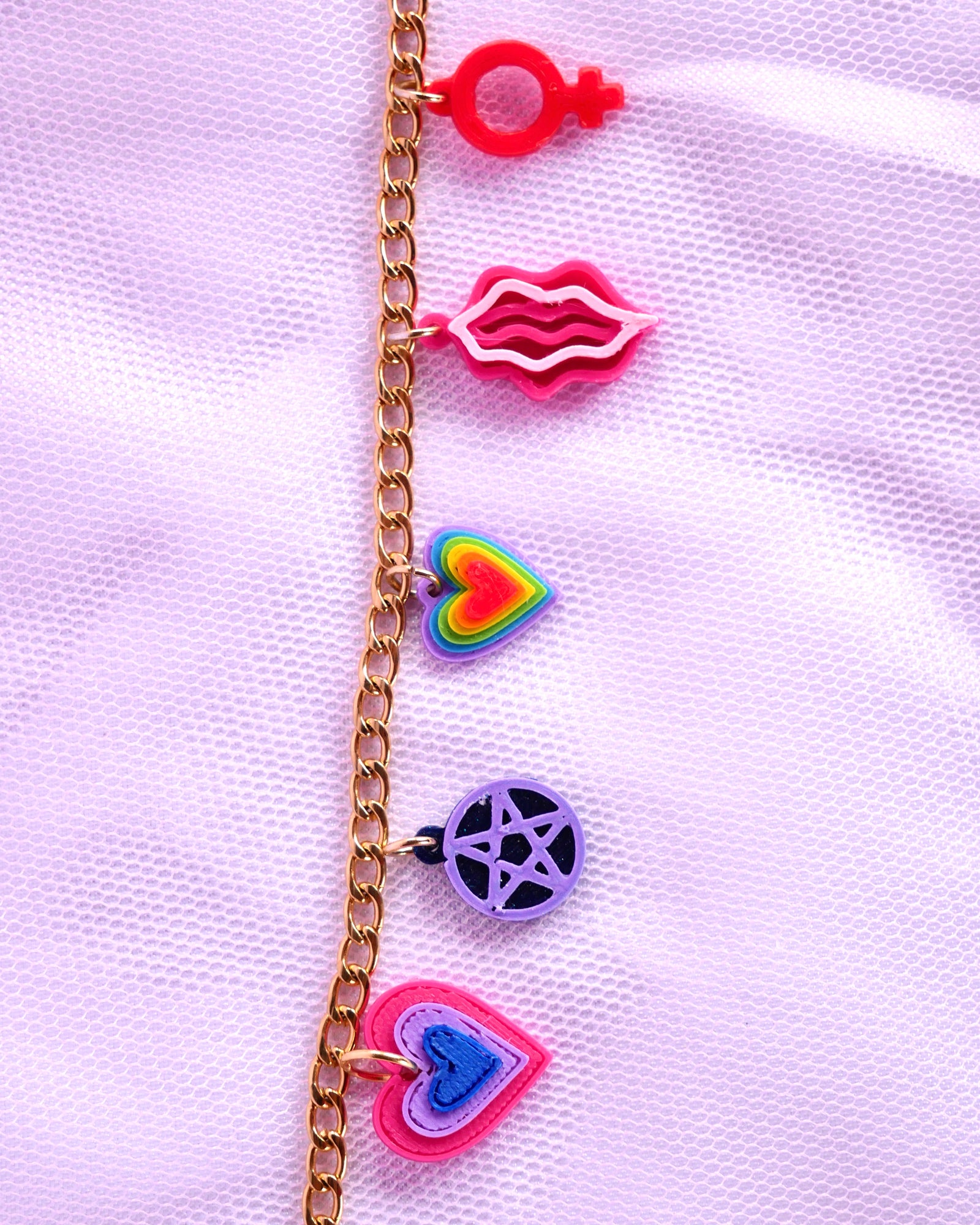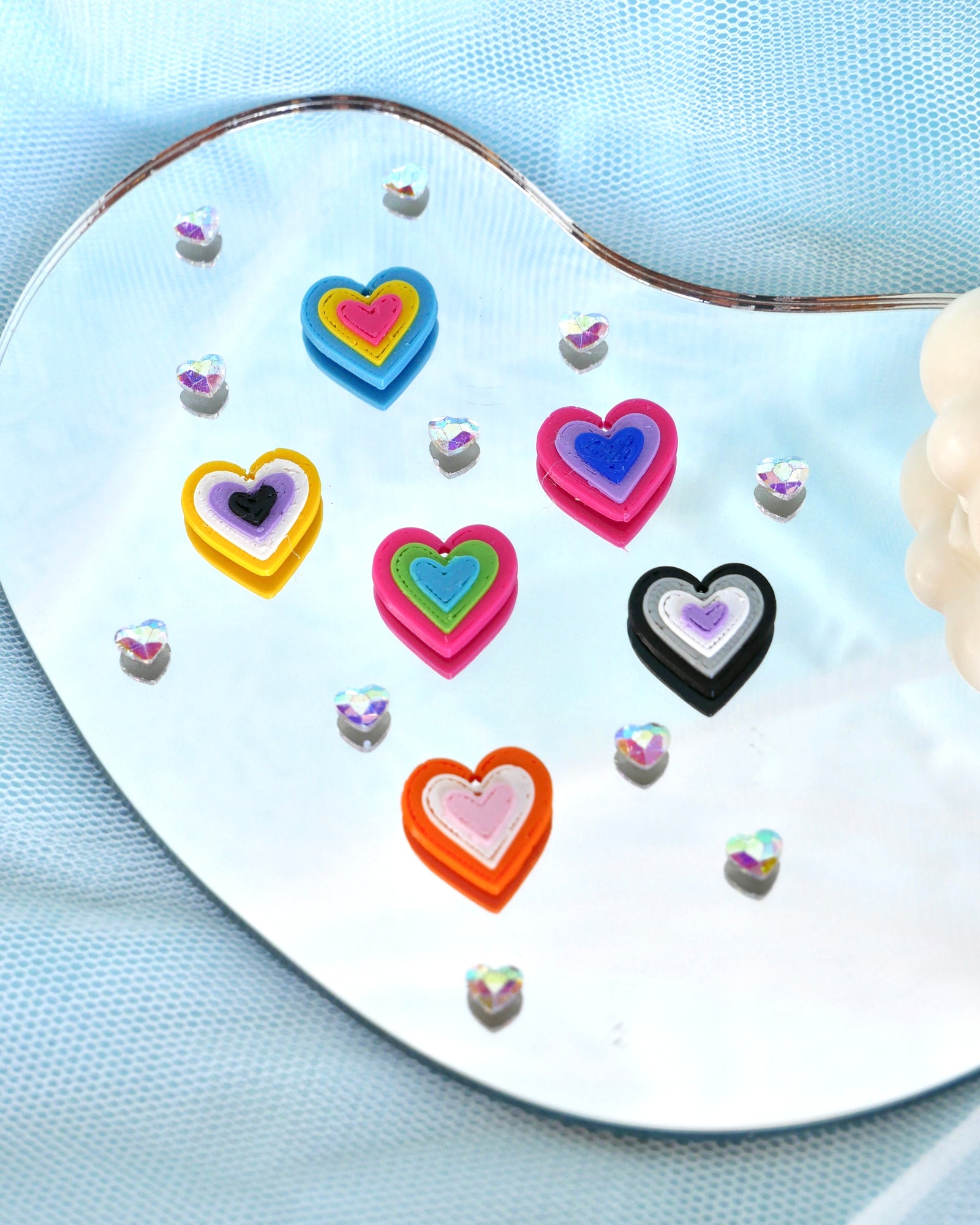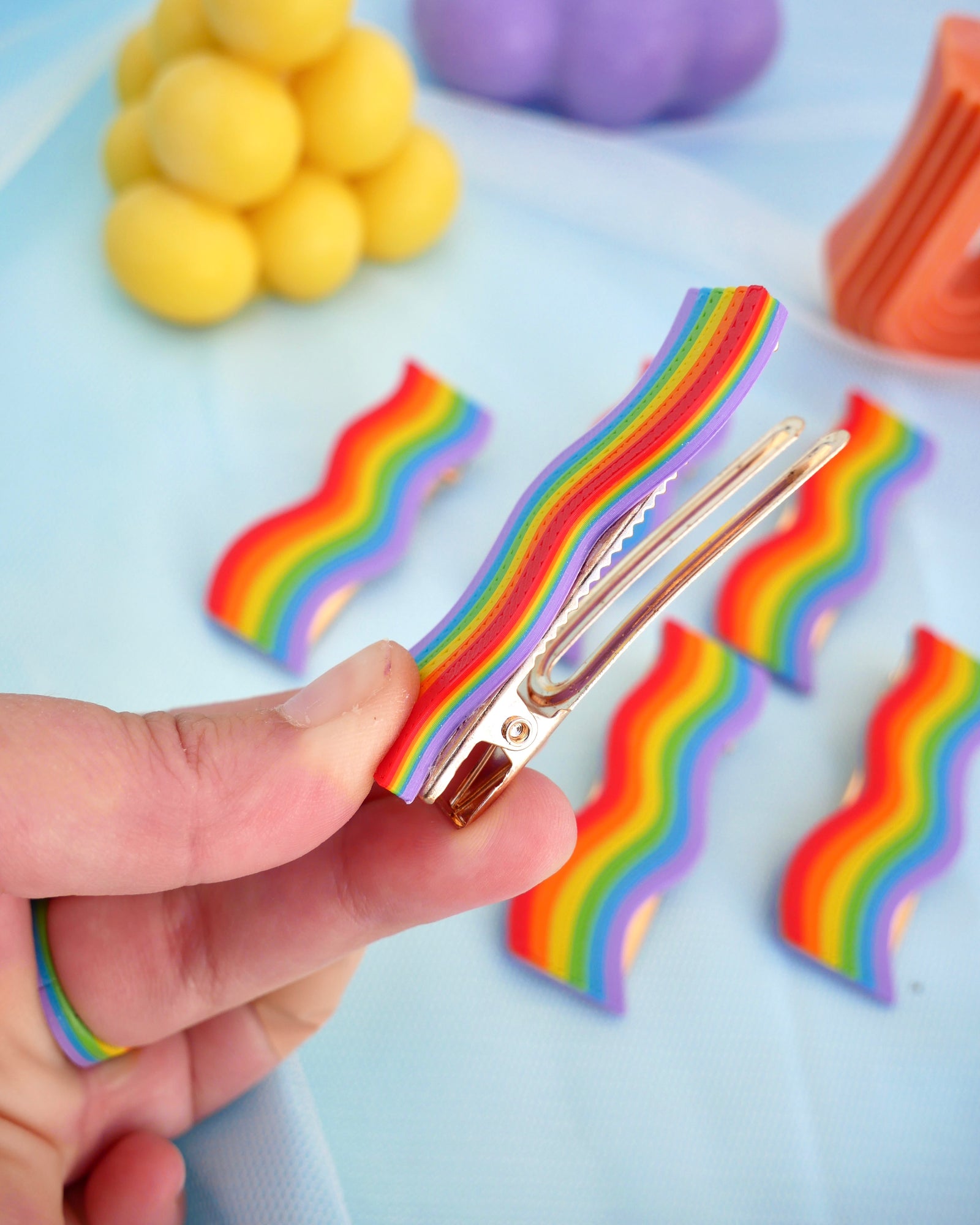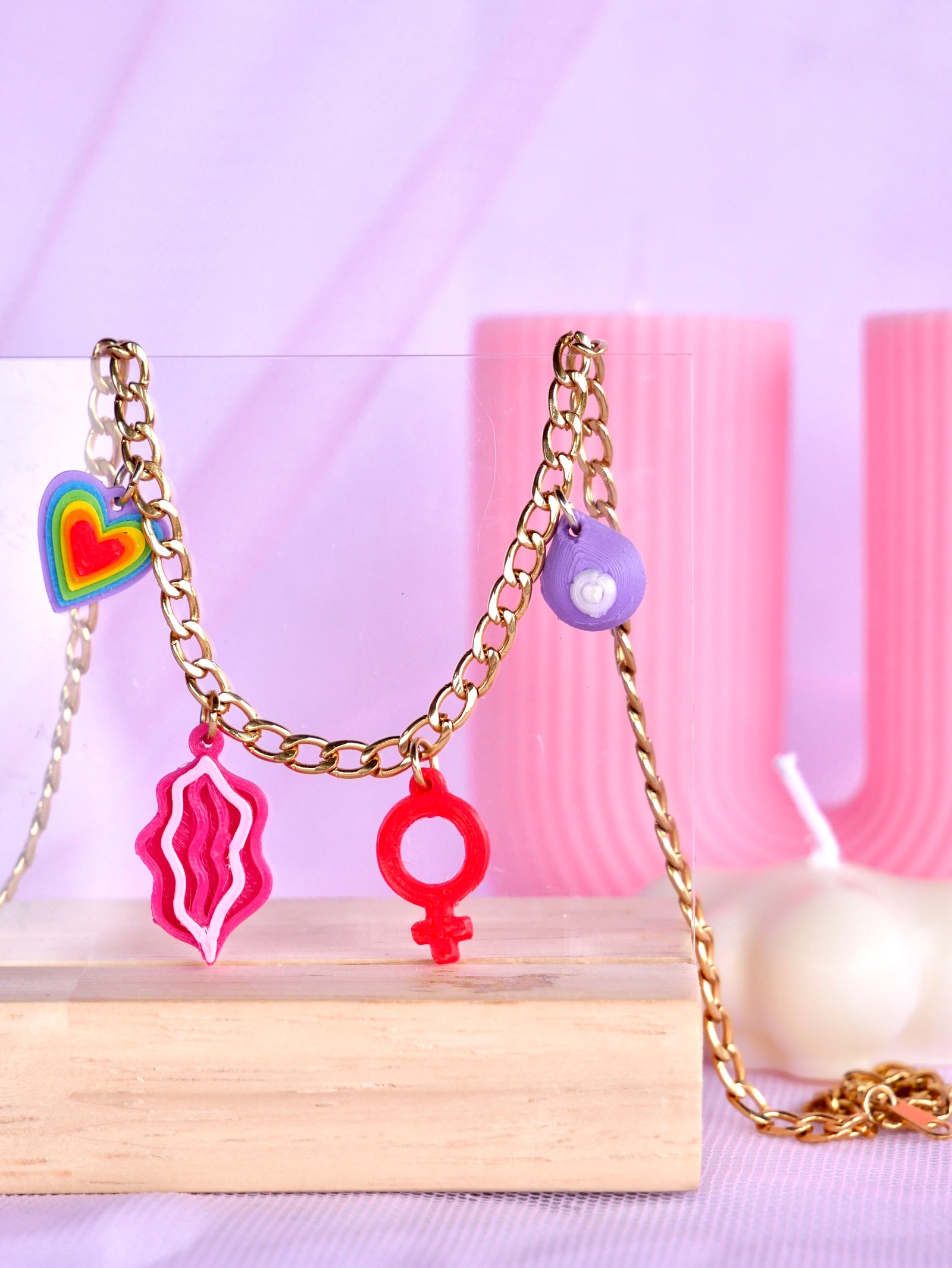What *not* to do if your partner is Asexual
April 22, 2021
Sexuality is often portrayed as a fundamental part of human experience and a mandatory aspect of romantic relationships, but as we are learning “the norm” is usually restrictive, disturbing and often an unhealthy standard for anybody to live up to.
In fact, sexual attraction is not something that every human experiences, and people can have perfectly happy lives AND romantic relationships without it. Today I will be talking about what asexuality is, and all the mistakes I made when I found myself dating an asexual partner, in the hope you can avoid them.
The Asexuality Spectrum
Asexuality is defined broadly as the lack of sexual attraction. Asexual people can feel romantic or aesthetic attraction, can enjoy sex and can practice masturbation but generally feel no, limited or conditional, sexual attraction.
To be more precise, asexuality is a sexual orientation spectrum: it includes people who feel no sexual attraction at all and might be sex-repulsed, demisexual people (who can feel sexual attraction if a strong emotional bond is present) and gray asexual folks, whose sexual orientation and attraction is fluid and very individually defined. For example, they could feel sexual attraction but no desire to act on it, feel it only in certain situations or have sexual attraction but low sex drive.
The latter is the one I have encountered in my life, when, while dating someone, I noticed they rarely initiated sex and started getting annoyed about it. Here begins my cautionary tale, and a detailed explanation of how much damage a well-meaning ignorant person can do.
Note: the person I was dating did not define themselves as asexual initially (they never thought much of it), but identified as grey ace after I started researching, understanding and talking about it. This can be a common experience because asexuality is not well known and asexual people themselves might not understand it.
What not to do when you are dating an ace person:
1. Pathologising it
My absolute first and highly traumatising (for them) reaction was wondering if there was “something wrong” with them. Some hormonal imbalances, depression, whatever I could pinpoint and point the finger to. Not having ever heard of asexuality, I immediately started pathologising their behaviour, thinking it had to derive from illness or a sexual desire dysfunction. I now know better and understand that asexuality is a valid, healthy and fairly common sexual orientation.
2. Blaming it on yourself
The second reaction was shame. “I gained weight, they probably don’t think I’m sexy anymore.” or “Am I boring in bed?” were just some of the many thoughts with which my mind took advantage of this new found situation to abuse myself. What I did wrong in this case was making an aspect of my partner’s identity “about myself”. I wish I had known that your partner’s sexual desire and sexual orientation are their own and have nothing to do with you. It is also not necessary within a couple (or triad, or quad, etc.) that all people have the same amount of sexual desire, just like it wouldn’t make sense to expect all parties to have the same amount of hunger or any other need.
3. Blaming it on them/Guilt-tripping them
When neither of the reactions mentioned above yielded any positive result (shocking) I turned my ignorance-fueled anger towards my partner, with the classic manipulating guilt-trip: “Why don’t you like me?”. I don’t even know what I was trying to do here, if I thought I could guilt someone into wanting to have sex with me. But yet again, I made the situation worse. Apart from the clearly manipulating and insensitive tactic here, the other thing that I got wrong is that I was mixing together romantic attraction, aesthetic attraction and sexual attraction. But these are separate and independent, and the lack of one does not affect the existence of the others! (This is very interesting to understand and analyse regardless of whether you are ace or not).
So, to get back to the Hunger Metaphor: you don’t doubt a person’s love just because they feel more or less hunger than you. You don’t doubt your future together if they feel like pizza and you feel like ice-cream. You understand that you can each have what you crave for as separate individuals, or compromise and get ice-cream today and pizza tomorrow, or even get them both today and go to town together.
The same can be done with sexuality: if your partner is asexual and you aren’t, this isn’t a life sentence to your romantic relationship at all. They can have sex with you to make you feel good, you could masturbate more instead of relying on them, you could open the relationship sexually or do whatever feels appropriate for you as individuals.
The most important thing is for you to communicate and research plenty, which is why I will be leaving some resources below. They could be helpful for ace people, partners of ace folks, or curious people that would like to learn more about asexuality! Let me know if you found this blog interesting in the comments, or send me a DM if you want a more private convo. I’m all ears 👂
RESOURCES:
Leave a comment
Comments will be approved before showing up.
normale by Chiara
All of the blogs you can find on this website are by Chiara, the queer, disabled, transfeminist artisan behind normale.
Thank you for taking some time to read my pieces 💖
Recent Articles
-
Impostor Syndrome and Pansexuality - 3 year update
June 28, 2024
-
What *not* to do if your partner is Asexual
April 22, 2021


